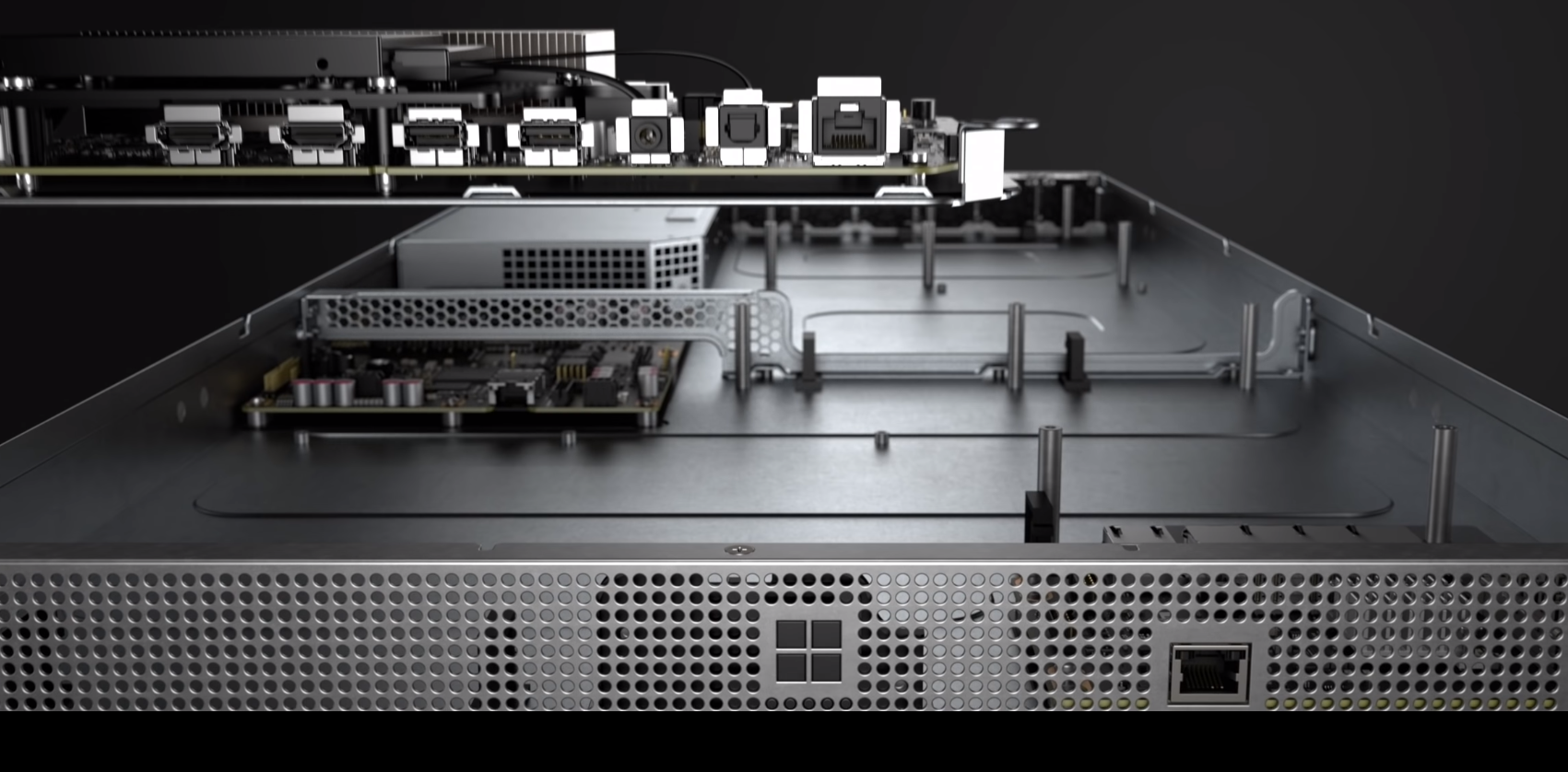AT&T exits location data business following scandal
It was just a few days ago that Motherboard revealed a bombshell: $300 is all it takes to get precise location data from almost any American cellphone, and now AT&T is pulling out of data sharing entirely.
AT&T is terminating every location sharing deal it has, including some of those with useful purposes, such as roadside assistance. The nuclear option indeed, but a good move, and it'll be fully implemented by the end of March.
The other carriers are largely doing the same. T-Mobile said it would end location aggregation, and Verizon will immediately wind down its remaining deals as well, only allowing the use of location data when the customer actively provides consent. Sprint is the last one standing, and remains silent.
In theory, this means that the location data sharing industry, which largely operates in the shadows is about to go bust, but that isn't entirely true. There's still plenty of other vectors to obtain the data, including via the baseband firmware included in the majority of chips in the market.
Qualcomm, for example, provides a platform for ultra-fast positioning built into the processor of your phone called iZat. You might miss it on the marketing page, but there's a small mention toward the end of its cloud-based servers that help with that process (and cannot be disabled).
There's also the plethora of Software Development Kits bundled with apps on your phone, firing that data off every time they're opened. The majority of apps do this as a part of their services invisibly in the background, despite the user not opting into precise location tracking.
I have had this comment on Hacker News saved for almost a year now, where a supposed 'geo' engineer says that they are "waiting for this to blow" and that "this data is sold by anyone who wants it" all the way down to the GPS chip manufacturer. It's hard to validate, but wouldn't be surprising.
Still, at the aggregate carrier level this is an enormous win: this reporting changed the course of network behavior just by exposing it. As Apple, Google and others continue to crack down on tracking, it may become harder for third parties to obtain this data after more than a decade of it being available to anyone who asked.
The first step is making it more visible, regardless of the level at which it's occurring: it's the responsibility of the operating system vendor (Apple or Google) to educate people about where that information is going rather than remain silent.
The next big thing is game streaming services

Amazon, Google and Nvidia are all racing to launch cloud-streaming game services in 2019, which is a transformative moment for the PC industry: no longer do you need ultra-powerful hardware to play high-end games, just a stable internet connection.
Google's 'Project Stream' service stepped out of the shadows in late 2018 with the debut of an in-browser service to play Assassin's Creed instantly, for free, without the need to install anything. I continue to hear rumors that Google is working on a Chromecast-like dongle for game streaming, too, which should debut this year.
Amazon now has plans to enter the space in 2020 with the report that it's repurposing its AWS infrastructure to allow it. This is no surprise, particularly given that it owns game-streaming service Twitch, and it would encourage new users to start playing games by offering it.
Microsoft is also working on this with a project called xCloud, which should go into beta in 2019 with more than "3,000 games" at launch thanks to the Xbox One's catalogue, and the ability to use it across PC, mobile and even TVs.
Nvidia already has a service in the market, currently in beta, called GeForce Now, which I actually use on a regular basis. GeForce now is a small application that connects you to an on-demand cloud gaming box, and not only does it work well, it's more than adequate to make me consider selling my desktop machine.
GeForce Now is the most advanced, but also the most perplexing, because it's been in beta for more than a year and Nvidia rarely talks about it.
Why is this all happening now? Well, there's a glut of cloud-based GPU infrastructure in place after the rush to machine learning, and it only makes sense to offload the heavy lifting to someone else's machines as laptops continue to get lighter and thinner.
It's an interesting business model proposition, too, because rather than making hardware that needs replacing, these companies can all sap monthly revenue from customers instead, with hardware upgrades happening transparently on their side.
I strongly suspect the Xbox One and PS4 may be the last true 'consoles' of this generation, and future iterations end up being little more than internet-connected thin clients, rendering games from a distant server with incredibly low latency.
All that's required is someone fixing internet infrastructure, I guess, which nobody really seems interested in. Luckily, new ideas like 5G's powerful carrier aggregation and SpaceX's satellite internet might just be here in time to help.
Tab Dump
Alphabet sued by shareholders over Andy Rubin harassment payment
Huge slap on Alphabet here from shareholders, essentially declaring for the first time that the company's behavior was both ethically and financially dubious. The lawsuit says that the board 'failed in its duties' and did not disclose them. This may end up being a landmark case for the industry!
Epic Games and Improbable are making a fund for more open gaming engines
Google may be able to back out of controversial 'right to be forgotten' law in Europe
A huge DNS hijacking wave is targeting companies across the world (and it's working, scarily enough)
